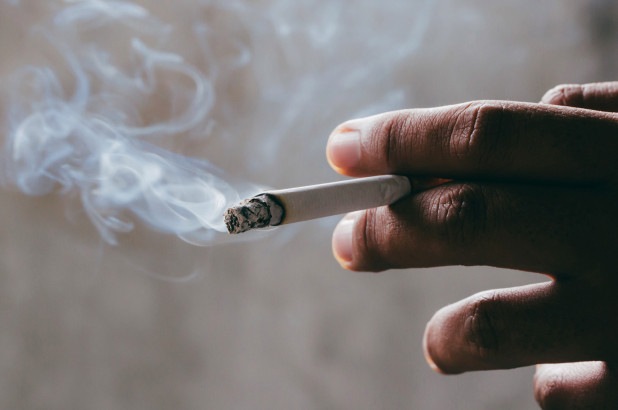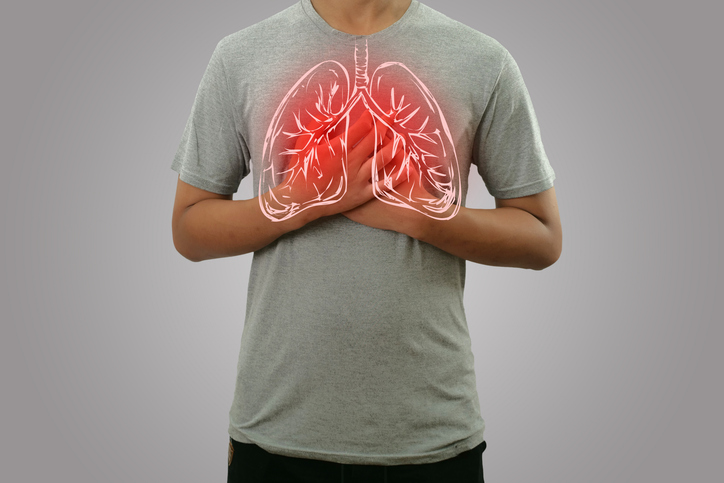
A new study published in JAMA Network Open suggests that thirdhand smoke (THS) has a detrimental effect on human cells and DNA and this data may be valuable to physicians treating patients exposed to THS.
In this study, researchers procured nasal epithelium samples from 13 participants during a clinical trial that was conducted at the University of California between 2011 and 2015. In a crossover design within a laboratory setting, four healthy, nonsmoking women aged 27 to 49 years old (mean age, 42) with no chronic diseases were randomized to receive exposure (head only) to clean air followed by THS. The order of exposures was randomized and separated by at least 21 days. Both exposures lasted over a duration of three hours. The study’s key outcome was differentially expressed genes which were measured using RNA sequencing with a false-discovery rate of under 0.1.
Thirdhand smoke, or THS, results when exhaled smoke and smoke emanating from the tip of burning cigarettes settles on surfaces such as clothing, hair, furniture, and cars https://t.co/1jmkliBsXj Scientists find thirdhand smoke affects cells in humans https://t.co/VIh8dE3S2h
— Reiner (@erlesen) June 29, 2019
Gene Expression Negatively Impacted
According to the findings, while only two genes (which were not studied further) were affected by exposure to clean air, a total of 389 differentially expressed genes were discerned in nasal epithelium exposed to THS. “Our data show that cells in humans are affected by thirdhand smoke,” said Prue Talbot, lead researcher of this study and a professor in the Department of Molecular, Cell and Systems Biology, and the director of the UCR Stem Cell Center, in a press release. “The health effects of THS, have been studied in cultured cells and animal models, but this is the first study to show a direct effect of thirdhand smoke on gene expression in humans.”
Prof. Talbot along with colleague Giovanna Pozuelos, the first author of the research paper and graduate of student of Talbot’s lab, are working with groups in San Diego and Cincinnati to evaluate long-term exposure to THS by gaining access to homes where people are exposed.
“Many people do not know what THS is,” added Prof. Talbot. “We hope our study raises awareness of this potential health hazard. Many smoking adults think, ‘I smoke outside, so my family inside the house will not get exposed.’ But smokers carry chemicals like nicotine indoors with their clothes. It’s important that people understand that THS is real and potentially harmful.”
The researchers cautioned that this study had limitations, notably in the small number of subjects tested. “This is an initial based on four participants. Future work should be done to determine whether similar data are obtained with a larger number of participants.”
Scientists find thirdhand smoke affects cells in humans https://t.co/34GmES9K5d
— Crwe World (@CrweWorld) June 29, 2019
Source: JAMA Network Open, EurekAlert







 © 2025 Mashup Media, LLC, a Formedics Property. All Rights Reserved.
© 2025 Mashup Media, LLC, a Formedics Property. All Rights Reserved.